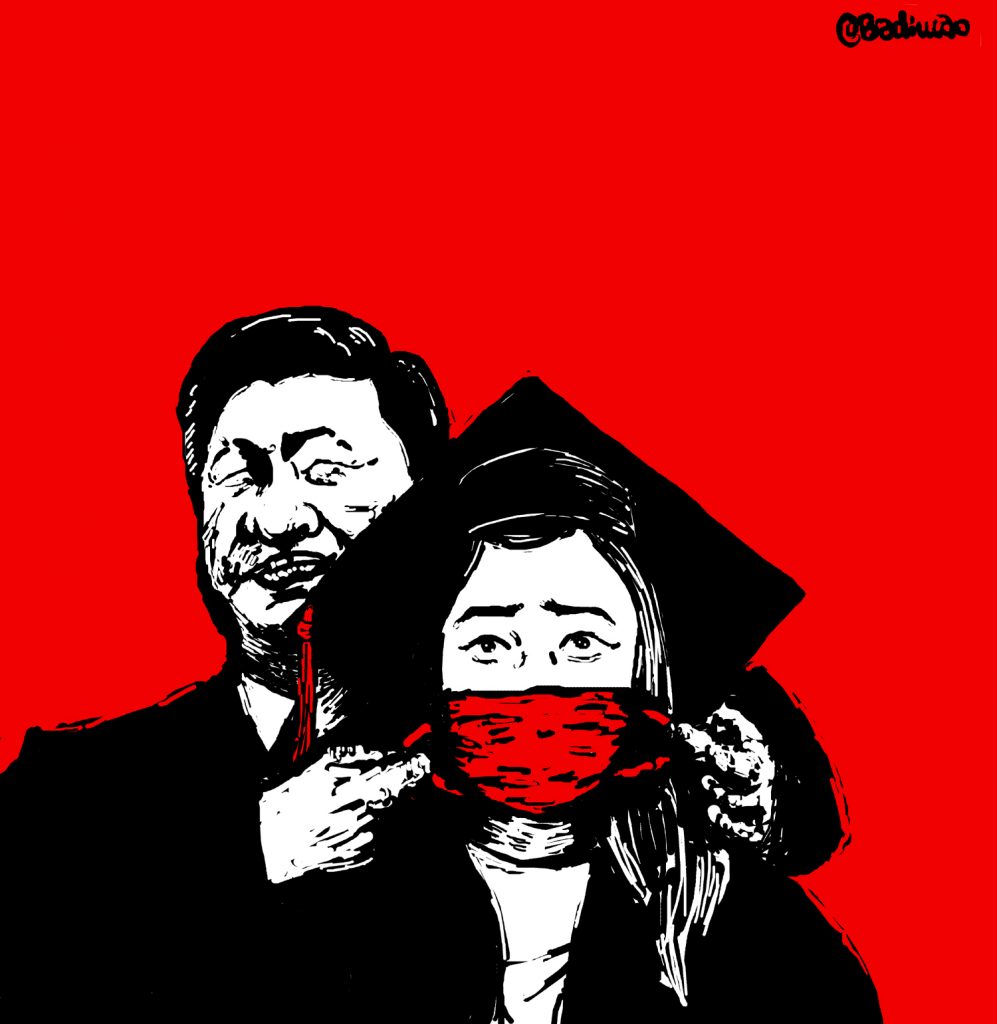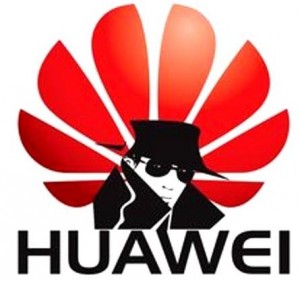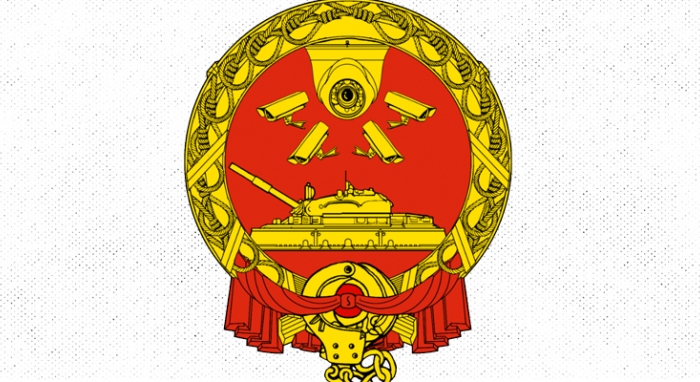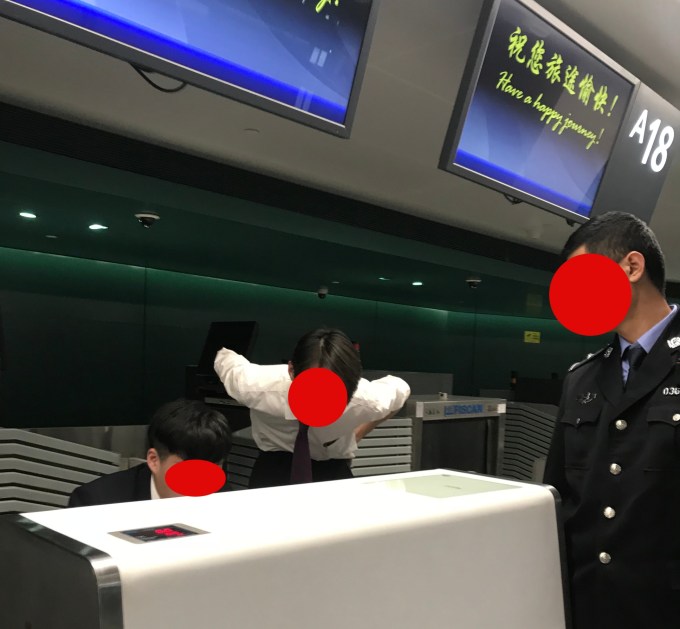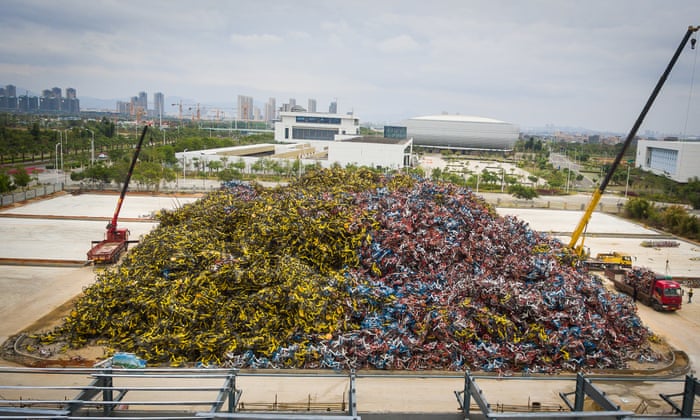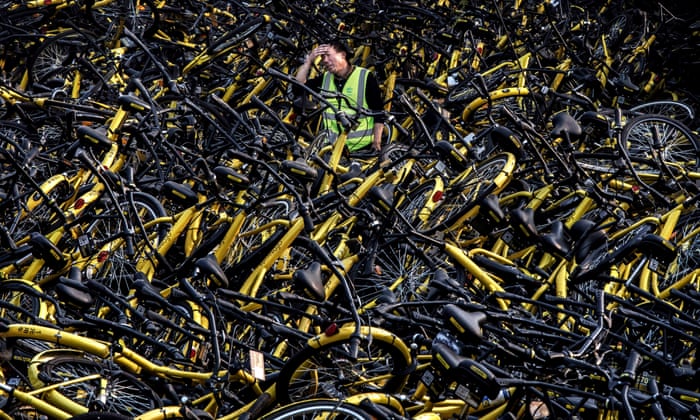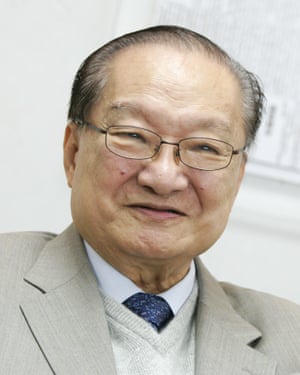By Katharine Murphy

Chinese fifth column in Australia
Australia’s Labor leader, Bill Shorten, has instructed his strife-prone senator Sam Dastyari to resign from his Senate positions in an attempt to minimise the political fallout from the senator’s dealings with Chinese figures.
Shorten released a statement early on Thursday confirming that Dastyari would step down from his Senate roles, which include a deputy whip and committee positions, because he had demonstrated a lack of judgment.
“It is not a decision I took lightly,” Shorten said.
“It is not a decision I took lightly,” Shorten said.
“I told Senator Dastyari that his mischaracterisation of how he came to make comments contradicting Labor policy made his position untenable.
“I also told him that while I accept his word that he never had, nor disclosed, any classified information, his handling of these matters showed a lack of judgment.”
Thursday’s development is a second strike for Dastyari.
“I also told him that while I accept his word that he never had, nor disclosed, any classified information, his handling of these matters showed a lack of judgment.”
Thursday’s development is a second strike for Dastyari.
Shorten took the same action more than a year ago.
Dastyari resigned from frontbench positions last September when it was revealed that he had supported China’s aggressive posture in the South China Sea during a press conference flanked by Huang Xiangmo – a Sydney-based Chinese businessman who had, controversially, picked up one of his legal bills.
Over the past 24 hours, it has been revealed that Dastyari met privately with Huang and tipped him off that his phone was tapped by security agencies.
A recording subsequently emerged of the press conference in which Dastyari quite clearly contradicted Labor’s official position on the dispute in the South China Sea.
“The Chinese integrity of its borders is a matter for China, and the role that Australia should be playing as a friend is to know that we think several thousand years of history, thousands of years of history, when it is and isn’t our place to be involved,” Dastyari said in the recording.
While Dastyari had previously attempted to characterise his remarks as “silly” and “naive”, the remarks at the press conference were clearly expressed, and at odds with the official Labor policy position, which backed the Australian government’s stance supporting an international ruling against China in the permanent court of arbitration in The Hague.
In standing Dastyari down, Shorten said he was confident the accident-prone senator would “learn from this experience”.
Turnbull government ministers weren’t so confident.
Dastyari resigned from frontbench positions last September when it was revealed that he had supported China’s aggressive posture in the South China Sea during a press conference flanked by Huang Xiangmo – a Sydney-based Chinese businessman who had, controversially, picked up one of his legal bills.
Over the past 24 hours, it has been revealed that Dastyari met privately with Huang and tipped him off that his phone was tapped by security agencies.
A recording subsequently emerged of the press conference in which Dastyari quite clearly contradicted Labor’s official position on the dispute in the South China Sea.
“The Chinese integrity of its borders is a matter for China, and the role that Australia should be playing as a friend is to know that we think several thousand years of history, thousands of years of history, when it is and isn’t our place to be involved,” Dastyari said in the recording.
While Dastyari had previously attempted to characterise his remarks as “silly” and “naive”, the remarks at the press conference were clearly expressed, and at odds with the official Labor policy position, which backed the Australian government’s stance supporting an international ruling against China in the permanent court of arbitration in The Hague.
In standing Dastyari down, Shorten said he was confident the accident-prone senator would “learn from this experience”.
Turnbull government ministers weren’t so confident.
The defence minister, Marise Payne, pointed out that Dastyari had been through precisely this cycle before.
The prime minister, Malcolm Turnbull, declared that Dastyari’s position was untenable, and said he must resign from the Senate.
The prime minister, Malcolm Turnbull, declared that Dastyari’s position was untenable, and said he must resign from the Senate.
“Sam Dastyari should get out of the Senate, full stop. That’s his duty”.
The attorney general, George Brandis, inferred on Wednesday that Dastyari was engaged in counter-surveillance activity, but on Thursday he said he wasn’t implying the behaviour was treasonous.
“I’m not saying it’s treason. What I’m saying is that Dastyari’s position on the basis of what we know is completely untenable,” the attorney general said.

Sam Dastyari : traitor or/and Beijing's running dog?
“We know Sam Dastyari took deliberate steps to undermine or subvert what he believed might be an intelligence investigation. We find this out 24 hours ago.”
Brandis said Dastyari had called a press conference “confined it to Chinese-language media … for the deliberate purpose of undermining the Labor party’s policy in relation to China”.
He pointed out that the senator’s comments at the press conference were a clear contradiction of Labor’s policy, articulated at the time by the shadow defence minister, Stephen Conroy.
While Dastyari said Australia’s stance on China’s territorial interests in the South China Sea should be hands off, Conroy said Labor should send a message against aggression by conducting freedom of navigation exercises in the South China Sea.
“What is a politician, by the way, doing holding a press conference at the behest of his major donor, who is almost literally pulling the strings,” Brandis said Thursday.
The attorney general, George Brandis, inferred on Wednesday that Dastyari was engaged in counter-surveillance activity, but on Thursday he said he wasn’t implying the behaviour was treasonous.
“I’m not saying it’s treason. What I’m saying is that Dastyari’s position on the basis of what we know is completely untenable,” the attorney general said.

Sam Dastyari : traitor or/and Beijing's running dog?
“We know Sam Dastyari took deliberate steps to undermine or subvert what he believed might be an intelligence investigation. We find this out 24 hours ago.”
Brandis said Dastyari had called a press conference “confined it to Chinese-language media … for the deliberate purpose of undermining the Labor party’s policy in relation to China”.
He pointed out that the senator’s comments at the press conference were a clear contradiction of Labor’s policy, articulated at the time by the shadow defence minister, Stephen Conroy.
While Dastyari said Australia’s stance on China’s territorial interests in the South China Sea should be hands off, Conroy said Labor should send a message against aggression by conducting freedom of navigation exercises in the South China Sea.
“What is a politician, by the way, doing holding a press conference at the behest of his major donor, who is almost literally pulling the strings,” Brandis said Thursday.
“And then we also know that on several occasions subsequently he lied about what he had said about the press conference. Rather that a few mumbled words, we now know these were deliberate, scripted, concerted remarks and their … purpose was to send a message through the Chinese media that were a Labor government to have been elected, its foreign policy in relation to China would be at variance from what had been announced by the Labor shadow minister, Senator Conroy.”
Later, in the Senate, Brandis said many senators had been felled in the rolling citizenship debacle over recent months “for a technical reason, unbeknownst to them, they were deemed to owe allegiance or acknowledgement to a foreign sovereign”.
“And meanwhile, sitting in the Senate in a senior position in the Labor party, there sat Senator Dastyari, who evidently ... by his conduct, was actually under a foreign influence – actually under a foreign influence, but he kept quiet, he stayed mum, he maintained his position, until his position was exposed by the media in the last 24 hours or so and now he has been forced to resign. Again.”
A clearly emotional Dastyari told the Senate on Thursday morning he was a proud Australian and he found “the inferences that I’m anything but a patriotic Australian deeply hurtful”.

His Chinese Master's Voice
The senator said he had never been given any advice by a security agency, and if he had been given advice, he would “follow it to the letter”.
“I want to be absolutely clear, I could not be a prouder Australian,” he said.
Later, in the Senate, Brandis said many senators had been felled in the rolling citizenship debacle over recent months “for a technical reason, unbeknownst to them, they were deemed to owe allegiance or acknowledgement to a foreign sovereign”.
“And meanwhile, sitting in the Senate in a senior position in the Labor party, there sat Senator Dastyari, who evidently ... by his conduct, was actually under a foreign influence – actually under a foreign influence, but he kept quiet, he stayed mum, he maintained his position, until his position was exposed by the media in the last 24 hours or so and now he has been forced to resign. Again.”
A clearly emotional Dastyari told the Senate on Thursday morning he was a proud Australian and he found “the inferences that I’m anything but a patriotic Australian deeply hurtful”.

His Chinese Master's Voice
“I want to be absolutely clear, I could not be a prouder Australian,” he said.
“My family was lucky enough to leave a war-torn Iran to start a new life in this amazing land. I find the inferences that I’m anything but a patriotic Australian deeply hurtful.”
He acknowledged he had done the wrong thing by holding a press conference and departing from Labor’s position on the South China Sea.
He acknowledged he had done the wrong thing by holding a press conference and departing from Labor’s position on the South China Sea.
“The price I paid for that was high but appropriate.”
Dastyari said he had been “shocked” by the press conference audio because “it did not match my recollection of events”.
He said his intention was to go on working for the people of New South Wales.
Dastyari said he had been “shocked” by the press conference audio because “it did not match my recollection of events”.
He said his intention was to go on working for the people of New South Wales.




